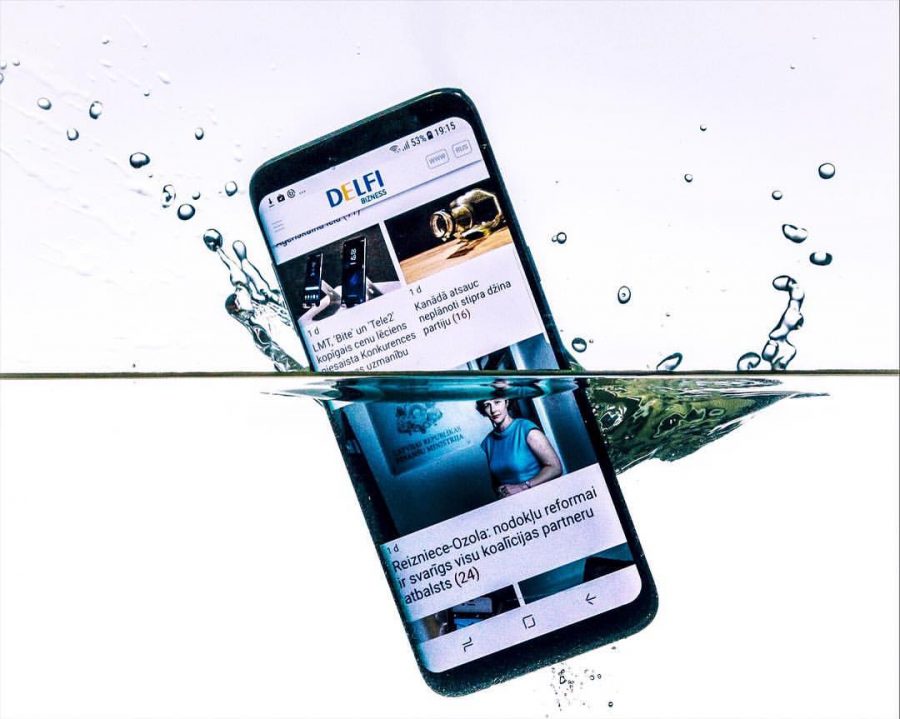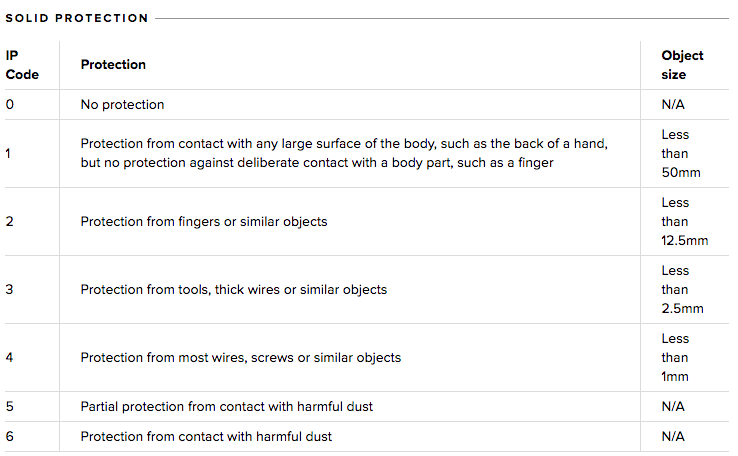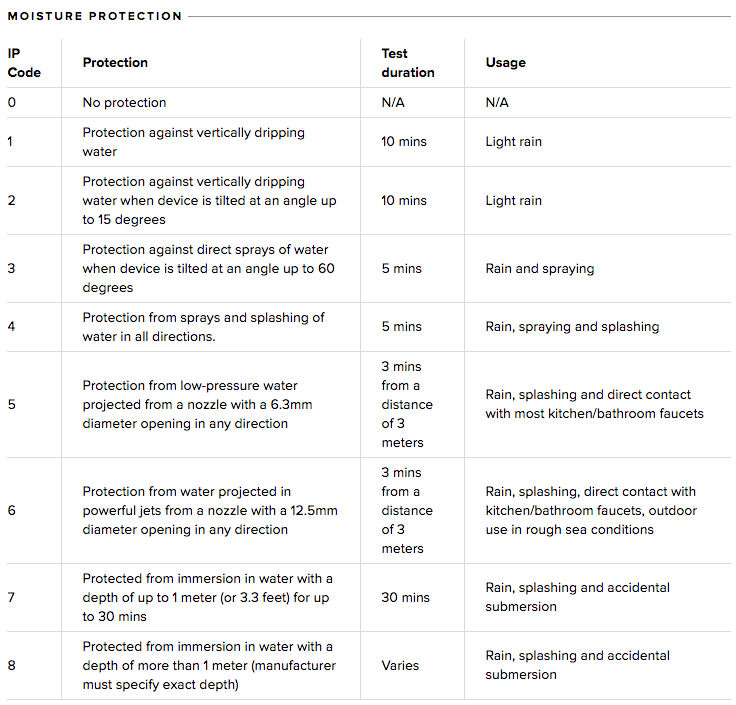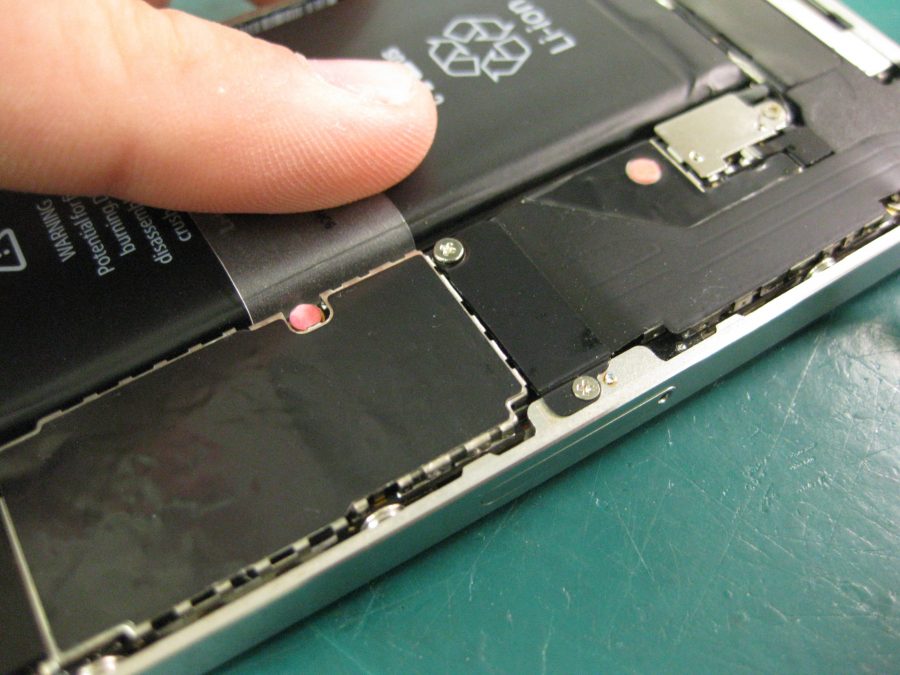If you own any of the later iPhone, Galaxy, or other water-resistant smartphones such as the iPhone 8 or Galaxy S8, you’ve probably asked yourself, “Is my phone really waterproof?”
And the answer is, in a word: no.
That’s not to say that any amount of liquid will be harmful to your device – these phones are designed to take a quick dip hopefully without shorting out on you. But before you go duck taping it to your head like a GoPro while you snorkel off the coast of Fiji, there are a few things you should know.
 Photo Credit: Flickr/Kārlis Dambrāns
Photo Credit: Flickr/Kārlis DambrānsWater-resistant does not mean waterproof
It’s an important distinction and one that phone companies clearly set out to make: none of them overtly claim that your phone is waterproof. In fact, even tests of the device’s water resistance are conducted under very specific conditions.
This is because the technology behind smartphones didn’t magically change overnight – your phone is still a highly sensitive bundle of wires and circuits ready to fry at the introduction of the first drop of water. What changed is the phone makers’ ability to protect it.
At the end of the day, companies are actually doing that the old-fashioned way – with a bunch of seals and gaskets designed to keep water from getting inside the device. It’s sort of like how the plumber keeps the pipes under your sink from leaking.
And that’s the thing: no seal is perfect. If some water manages to squeeze through the rubber gaskets or glue seals, it’s possible for it to damage your phone.
Know your levels of resistance
If you’ve done your homework, you’ve seen that your device was assigned an IP rating or an Ingress Protection Rating. While it may sound like the least sexy part of your phone specs, it’s actually important to know that this is a standard set by the International Electrotechnical Commission or the IEC.

The IP ratings consist of two numbers, the first ranging between 0-6, rating the phone’s protection against the entry of solid foreign objects like dust and dirt. The second number falls between 0-8, and measures the phone’s resistance against liquids.

So, for example, the Samsung S8 is rated IP68, which means it has the highest ratings for resisting both dust and water. On the other hand, the iPhone 8 is rated IP67, which means its fully protected against dust (6) and can be submerged under 1 meter of water for 30 minutes (7). This handy guide does a good job of outlining your phones IP rating in more detail.
Of course, this should all be taken with a grain of salt. Companies testing a device’s water resistance might softly submerge it in fresh water, which is much different from what would happen if your friend pushed you into the swimming pool, or if the tide came in unexpectedly at the beach and soaked your phone with seawater.
A phone’s levels of water and dust resistance also diminish with wear over time – even just sitting on the shelf can degrade their ability to keep out the bad stuff.
 LCI Sensor dot inside an iPhone (Photo Credit: Gottabemobile)
LCI Sensor dot inside an iPhone (Photo Credit: Gottabemobile)Watch your warranty
Even though companies market the phones as water-resistant, they don’t actually cover water damage in their warranties. They even have little stickers on the phones that change color upon contact with a liquid to prevent customers from fibbing.
It kind of makes sense – there’s really no way of knowing whether water damage occurred through misuse, such as submerging a device in liquid deeper and longer than the IP rating specifies.
That said, most companies will at least try to work with customers and examine the phone if they claim that the water-resistant features failed to work. Still, under its warranty, Apple is quick to point out that liquid damage is not covered.
Staying dry
All this is to say that it’s important to keep your expectations realistic and try to be responsible for your device. If it seems counter-intuitive to throw your phone into the swimming pool to get a laugh out of your friends, trust your instincts. You really shouldn’t be throwing your phone into anything.
And though companies are making great strides in waterproofing techniques these days, the fact that their warranties don’t cover water damage should be reason enough for you not to test your device’s water resistant capabilities unnecessarily.
Besides keeping your phone dry, it's best to always be prepared for any water situation. If you find that your phone drops in water and you need to perform some quick "CPR", we suggest NOT putting it in rice. You can read our step-by-step guide here on how to deal with a water damaged device.
What can Puls do for you
While we’re pretty optimistic we can help, with water damage it’s impossible to make a guarantee. So while our legal team insists that we make no promises, we offer a diagnostic of your device with all the same benefits as our other services.
If you wish to set up an appointment can do so easily online at Puls.com With our flexible scheduling, you simply name the time and place and we’ll have a Saver dispatched to you on the double.



